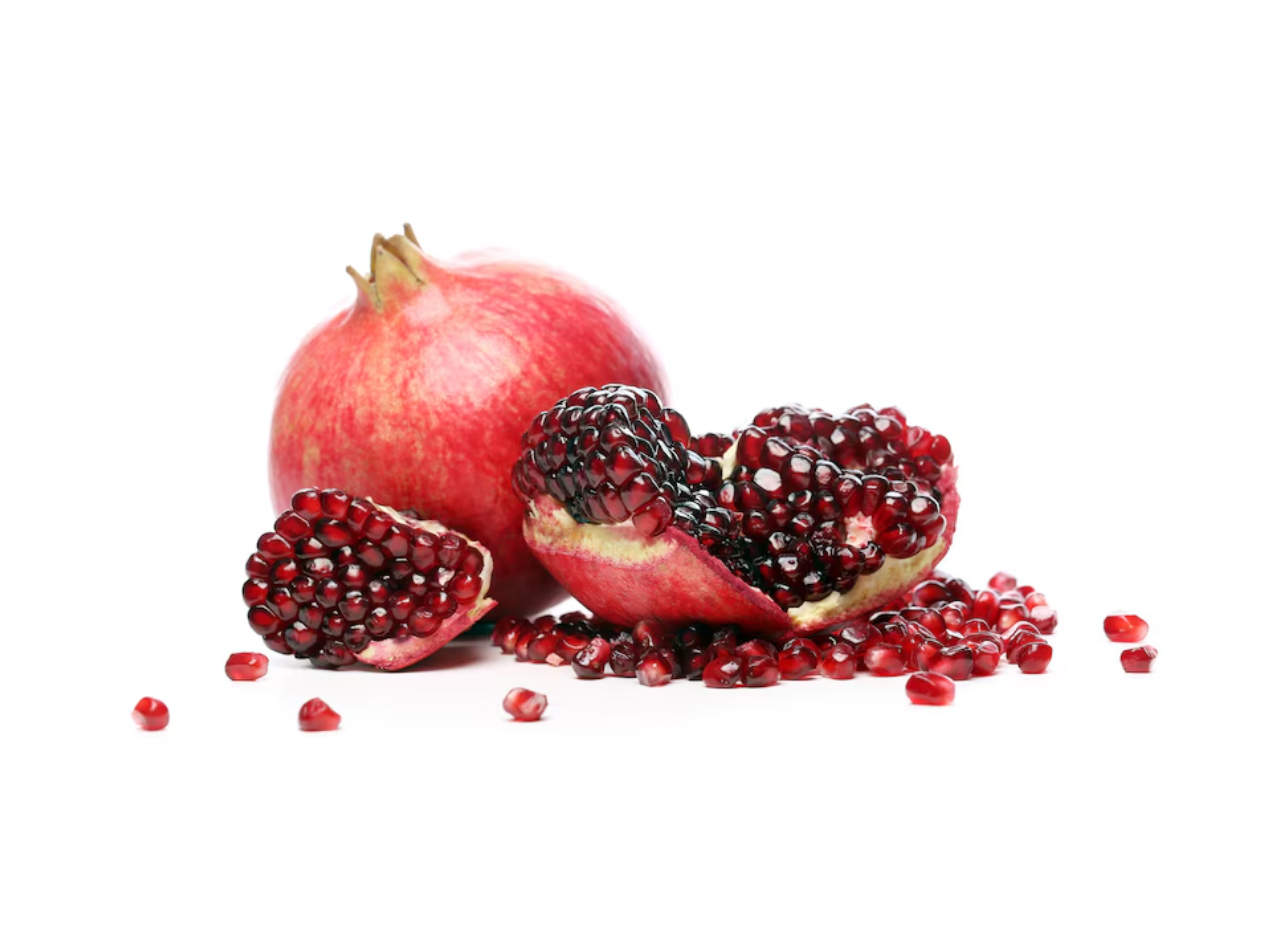When you pass on a more vegetarian way of eating it is important to educate yourself about the nutrients your body will need on a daily basis.
Protein
A vital part of any diet, the average daily intake for women is 50 grams and for men 60 grams, which you can easily consume in the form of: Beans, lentils, legumes and peas; Fermented soy products in the form of tempeh, miso and natto; Free range eggs; Raw milk, cheese and yogurt; nuts and seeds, which benefit from soaking in water or sprouting first; Non dairy nut and seed milks.
Remember to avoid if possible pseudo meats and other pretend protein foods, as they are highly processed ones with a list of ingredients as long as your arm. Phytic acid remaining in these soy products greatly inhibits iron and zinc absorption; test animals fed soy protein isolate develop organs enlargement, particularly the thyroid gland and pancreas, and increased deposition of fatty acids in the liver.
Iron and Zink
Healthy and strong blood requires proper amounts of iron and a vegetarian diet can provide plenty. Average daily intake for woman 20-50 years is 19 mg, a woman 50+ years is 9 mg and adult male is 7 mg.
Because the human body does not store zinc, it is important to obtain it from the food you eat. Zinc is responsible for immune function, cellular metabolism, wound healing, cell division, and protein and DNA synthesis. The average daily intake for adult women is 7 mg and for men is 10 mg. The great sources for zinc and iron are: Green leafy veggies such as cabbage, kale, spinach, collards and broccoli; Nuts, seeds like cashews and almonds; Cooked and sprouted form of beans, lentils, legumes and peas. Raw and dried fruits: apricots, raisins and dates; Date syrup and molasses; Whole grains and whole grain flours.
Calcium
In a nutshell, your body needs calcium to maintain strong teeth and bones, and for your nervous system to function properly. The average daily intake for adults is 1001-1199 mg and can be found in a variety of foods, such as: Dark greens: Chinese cabbage, broccoli and kale; Sea veggies: wakame, arame, dulse, hijiki, and kelp; Dairy products.
Vitamin B 12
Vegetarians and vegans who do not eat dairy or eggs will need to take this essential nutrient in the form of a B complex supplement, which includes the average daily intake for B12 of 1.6 microgram for adults. Shitake mushrooms, fermented soy, sea veggies and algae contain something similar to B12, but it does not work in your body in the same way as B12 from animal sources. Some nutritional yeast food products are loaded with Vitamin B12.
Essential fatty acids
The body needs quality fats to help absorb vitamins that are fat soluble such as A, D, E and K, to provide energy, regulate cholesterol, maintain heart health and a lot of other important functions. Saturated fats from animal sources are limited in a vegetarian diet, but trans and hydrogenated fats in baked goods and chips should be avoided for their harmful health effects. Recommended daily intake for omega fatty acids is one- two tbsp. The foods you should eat to get plenty of essential fatty acids are: olive oil; sesame oil; raw and clarified butter; coconut oil: a saturated vegetable oil that has proven to be beneficial in the diet and omega-3 oils like walnut, flax and hemp oils.






